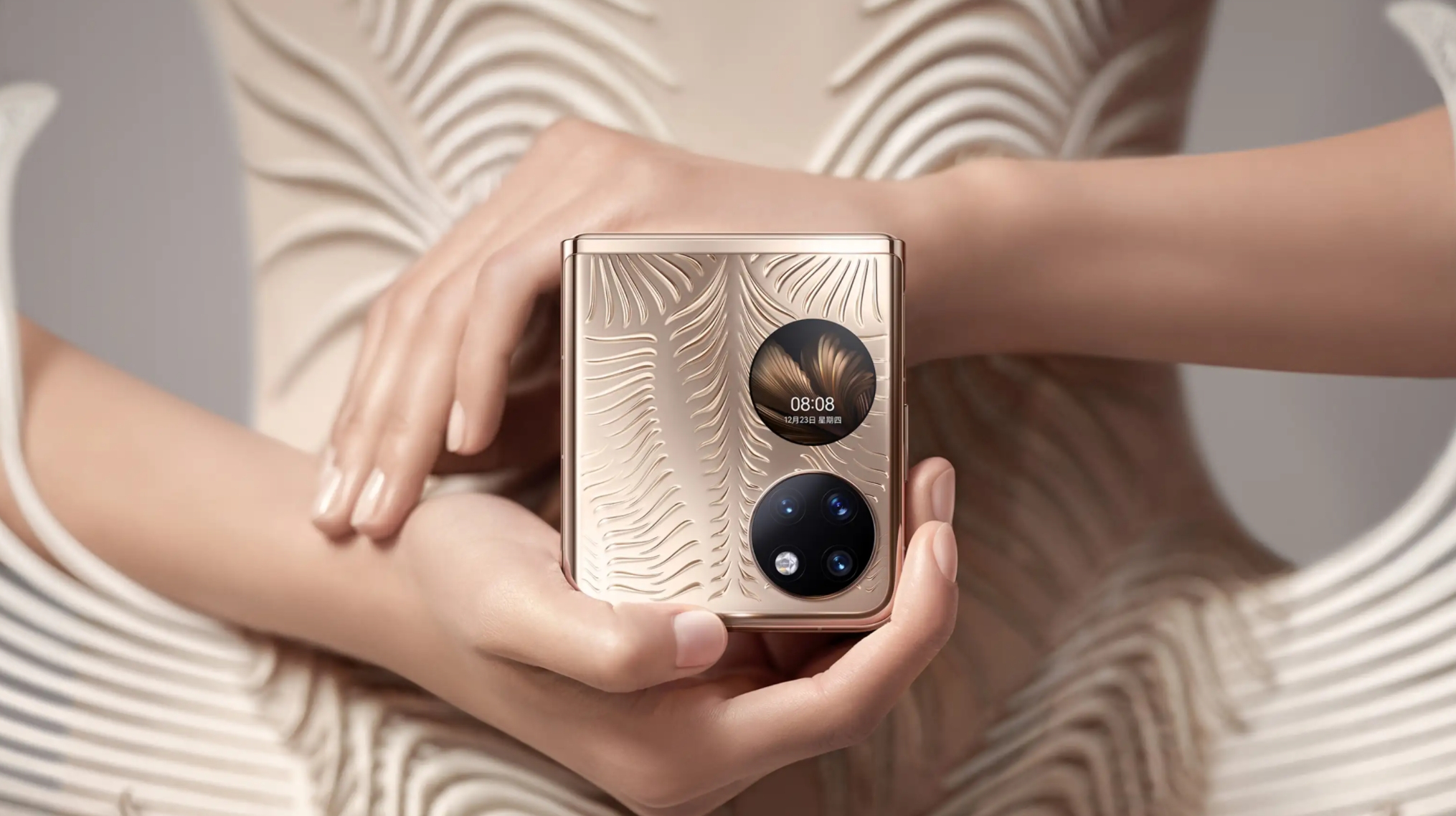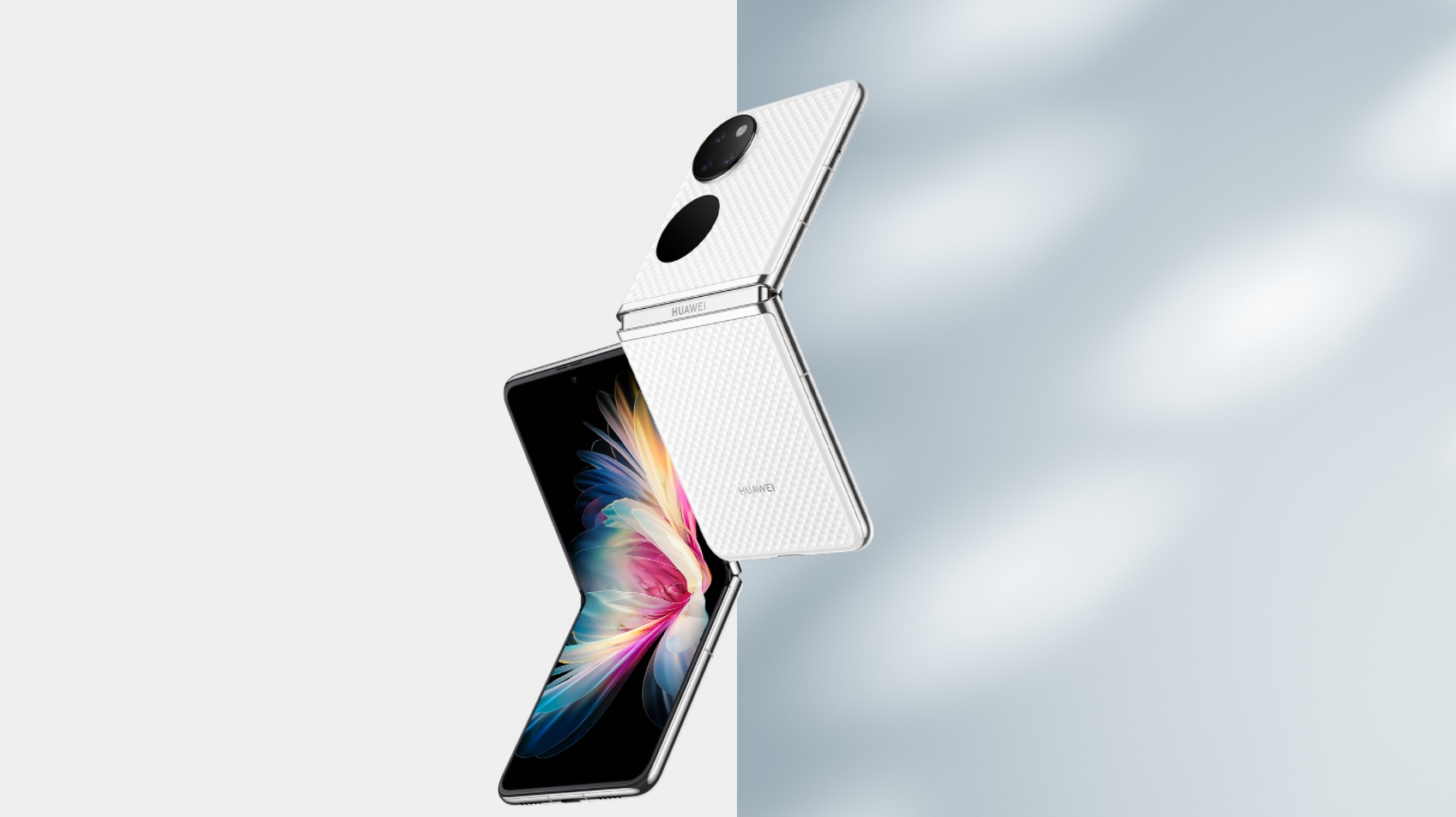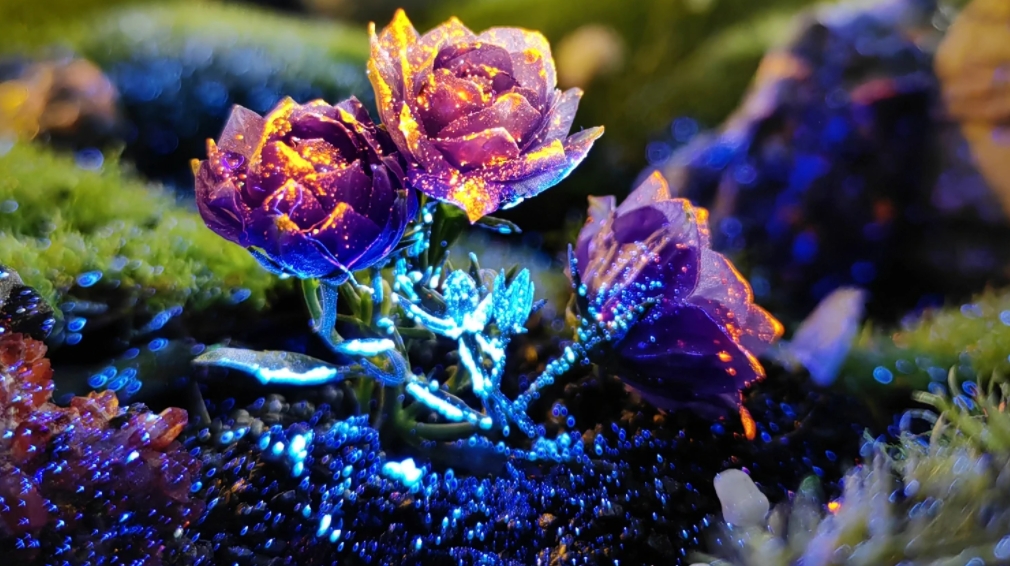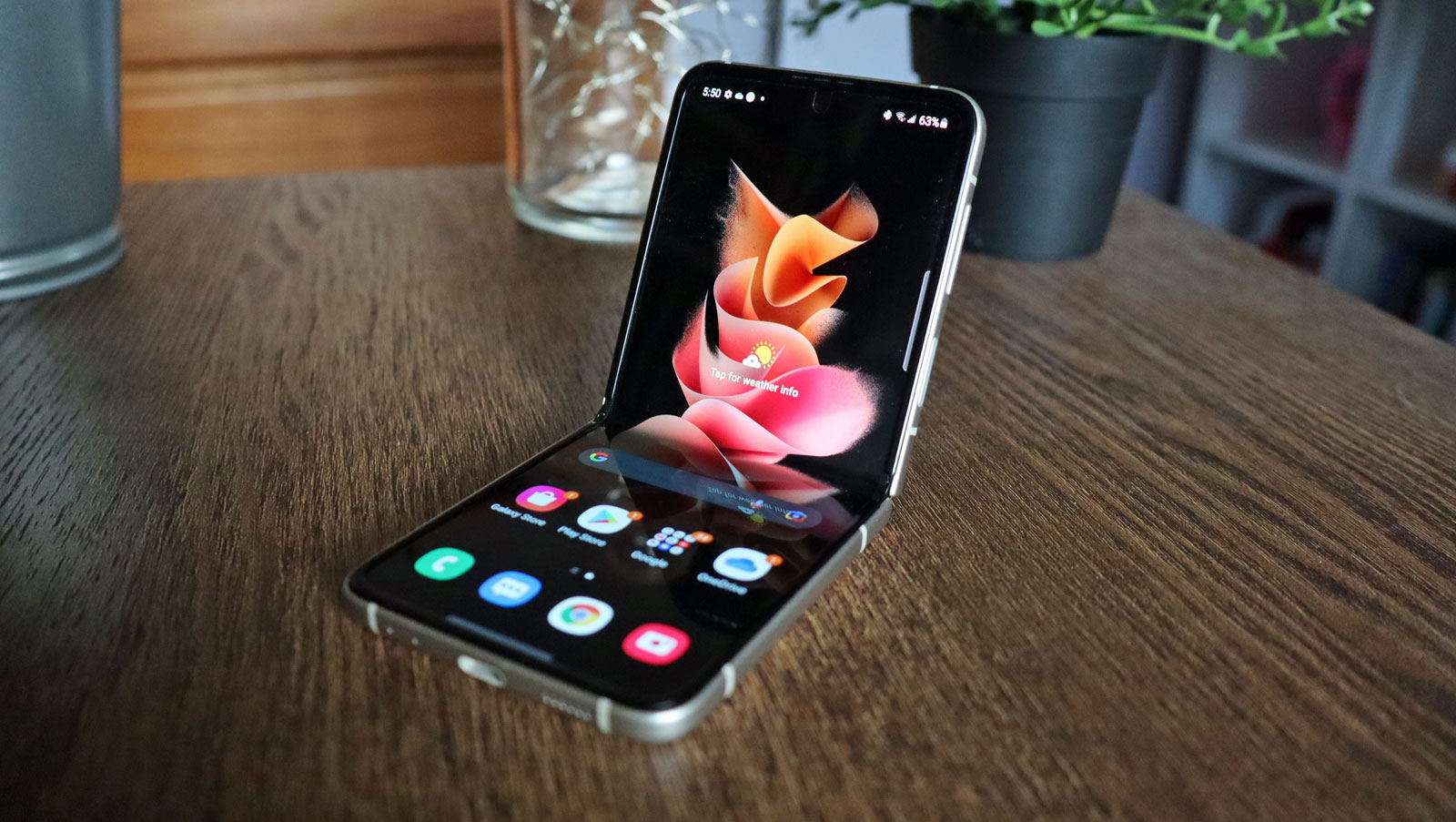New Huawei P50 Pocket clamshell foldable phone has an innovative camera
Huawei's latest foldable has a lot going for it

Following recent teasers, the Huawei P50 Pocket has now been fully unveiled, and it’s a clamshell foldable phone that does things a bit differently from its main rival – the Samsung Galaxy Z Flip 3.
It packs a 6.9-inch 1,188 x 2,790 foldable OLED screen with a 120Hz refresh rate and a 21:9 aspect ratio, with a hinge that supposedly offers a zero-gap design when folded shut.
At those times you’ll still be able to see any notifications using a circular 1.04-inch 340 x 340 display. This can also show the time and date, and be used to take selfies with the main cameras, but it’s not big enough to really interact with.

Speaking of the cameras, they’re one of the most interesting aspects here, as the Huawei P50 Pocket has a 40MP f/1.8 main camera, a 13MP f/2.2 ultra-wide camera (which can also be used for macro shots), and a 32MP f/1.8 ‘super spectrum’ camera.
That last sensor is something new, and it powers a fluorescent photography mode which apparently allows you to capture details and patterns that aren’t visible to the human eye.
This lens should also improve night photography, and allows users to see if they’ve properly applied sunscreen or fully removed make-up.
So it sounds interesting, and the whole camera setup sounds potentially more capable than most foldable phone cameras, with a 10.7MP selfie snapper in a punch-hole on the main screen rounding out the camera configuration.
Get daily insight, inspiration and deals in your inbox
Sign up for breaking news, reviews, opinion, top tech deals, and more.

Moving on to other specs, the Huawei P50 Pocket has a high-end Qualcomm Snapdragon 888 chipset – though notably this isn’t quite the top Snapdragon option anymore. It also has 8GB or 12GB of RAM, 256GB or 512GB of storage, a 4,000mAh battery, 40W wired charging, and a side-mounted fingerprint scanner.
What it doesn’t have is 5G, and nor does it run Android – instead you get Huawei’s HarmonyOS.
It’s all wrapped up in an eye-catching Premium Gold, Diamond White, or Black finish – though reportedly the last of those won’t be available outside China.
Prices start at 8988 Yuan (around $1,410/£1,055/AU$1,950) for an 8GB/256GB model, and rise to 10,988 Yuan (roughly $1,725/£1,290/AU$2,385) for a model with 12GB/512GB, though availability and pricing outside China is yet to be confirmed.

Analysis: both better and worse than the Samsung Galaxy Z Flip 3
The Huawei P50 Pocket has a lot of advantages over the Galaxy Z Flip 3, at least on paper. Its camera setup in particular sounds better, with the Z Flip 3 just having a pair of fairly conventional 12MP snappers, along with a 10MP one for selfies.
The Huawei P50 Pocket also has a slightly larger screen, with the Galaxy Z Flip 3’s being 6.7 inches, and Huawei’s phone arguably has a more stylish design – and certainly a more distinct one. Plus, at the top end there's more storage and RAM here, and the P50 has a bigger battery and faster charging.
But there are some marks against it. The lack of 5G or Android are big problems, and the cover screen on Huawei’s phone is slightly smaller. Based on the converted prices, the Huawei P50 Pocket is also likely to be significantly more expensive, as the Samsung Galaxy Z Flip 3 starts at just $999 / £949 / AU$1,499.
So it could be a tough sell, but it’s nice to see a company taking foldable phone cameras seriously, and giving Samsung some competition can only be a good thing.
- These are the best foldable phones
James is a freelance phones, tablets and wearables writer and sub-editor at TechRadar. He has a love for everything ‘smart’, from watches to lights, and can often be found arguing with AI assistants or drowning in the latest apps. James also contributes to 3G.co.uk, 4G.co.uk and 5G.co.uk and has written for T3, Digital Camera World, Clarity Media and others, with work on the web, in print and on TV.